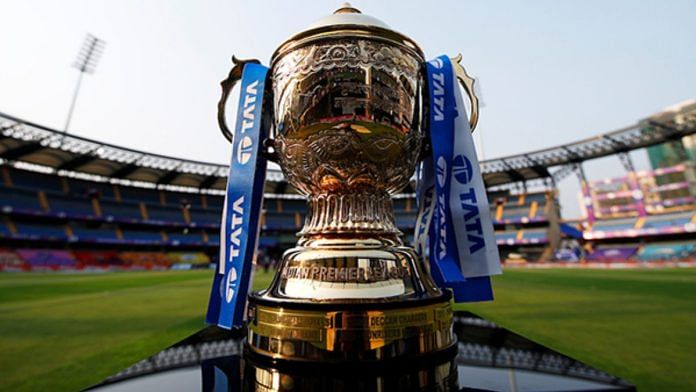The role of the bowlers has been considerably diminished in this tournament. Shorter boundaries have been brought in to ensure that the batter indulges in fireworks with the help of batting-friendly pitches. Another deadly aspect of the IPL is that it kills the off-season, which is critical for players’ recovery, in India. Non-stop cricket has resulted in excessive injuries to fast bowlers. We have seen young pace bowlers break down in the middle of the tournament. Mayank Yadav broke down and was out of the tournament in 2024. He could not bowl even four overs. Longevity of cricket careers may be a thing of the past.
The biggest dent that it has made is in having a disastrous impact on crucial bilateral Test series where national pride is at stake. The IPL ends in May every year, and the World Test Championship (WTC) happens in June. This gives very little time for players to adapt to foreign conditions in a different format. India lost two WTC finals in England only because the IPL did not give the team enough time to prepare for the Test format.
The cash-rich IPL has also ensured that some players are no longer bothered about undertaking national duty because their financial status is secured by the IPL. Chris Gayle ended his national duty to focus on the IPL. He was at his peak.
In fact, there have been incidents where players have retired from Test cricket to prolong their T20 careers. For example, the ODI future of South Africa’s Heinrich Klassen, who retired from Test cricket in January last year, is now uncertain, with Cricket South Africa (CSA) not giving him a central contract.
This tournament has also resulted in harming the basic fundamentals of the game. Batters are now mindless sloggers with evaporating tendencies concerning grit, determination, and patience. No wonder they struggle to stay at the wicket in the Test format when national pride is at stake.
It’s also very convenient for us to forget the ugly moments that IPL has given us over the years. The murky situation involving the Kochi Tuskers franchise resulted in the resignation of then-MoS Shashi Tharoor. An established franchise like the Chennai Super Kings was banned for two seasons due to betting and spot-fixing allegations. When the tournament was shifted to South Africa in 2009, the ED submitted a report alleging that the BCCI India’s Foreign Exchange Regulation Act (FERA) regulations.
The founding father of this tournament, Lalit Modi, lives in exile in a foreign country. The same is the case with one of the ex-franchise owners, Vijay Mallya.
Tragically, the greed for excessive wealth in IPL has led players to face humiliation before franchise owners who act as overlords of the game. Eminent cricketers are often publicly reprimanded by owners who know very little about the game. For example, in 2024, Lucknow Super Giants owner Sanjiv Goenka openly confronted captain KL Rahul after a loss. Similarly, in 2011, Ross Taylor alleged a Rajasthan Royals owner slapped him post-match for a duck. Test cricketers have been scolded like schoolboys by IPL franchise owners; in 2008, Royal Challengers Bangalore owner Vijay Mallya publicly criticised captain Rahul Dravid’s auction choices.
Legendary swashbuckling Indian test opener, Virender Sehwag, recently of the overseas IPL players with regard to team spirit. As per him, many overseas players don’t care about the success of the team, instead playing purely for the perks.
The biggest harm that IPL causes to Indian cricket is that it allows foreign players to get accustomed to Indian conditions every year. It is not surprising that India was recently whitewashed in a home Test series. Something that had not happened in decades.
One of the most ironic impacts of the IPL is on the BCCI itself. One of the founding philosophies of the BCCI has been to effectively control the game in India. The IPL has dented that control. It is the powerful franchise owners that now dominate Indian cricket. There is now talk of national cricketers coming from the IPL rather than the legitimate route of domestic cricket.
There is no doubt that T20 cricket, headed by the IPL, has caused great harm to the ethics and legacy of cricket. The IPL only cares about revenue and the business model. Franchisee cricket is totally controlled by market forces. It does not care about the balance between the bat and ball.
The daily schedule of the game is also questionable. The timings are dictated by the broadcaster. The matches finish close to midnight, causing great harm to young kids who stay awake late in the night to watch the game.
Sport is much beyond corporate culture. It would not be wrong to term the IPL as a Frankenstein Monster that is out there to destroy the game of cricket. It threatens to not just overshadow domestic cricket but gobble it.
It’s a dirty circus tragically supported by fans, reputed commentators, former and current players, and the modern administrators of the game. The Indian Premier League may well have its advantages. It’s just that I have failed to spot them since its inception.
(Edited by Ratan Priya)








